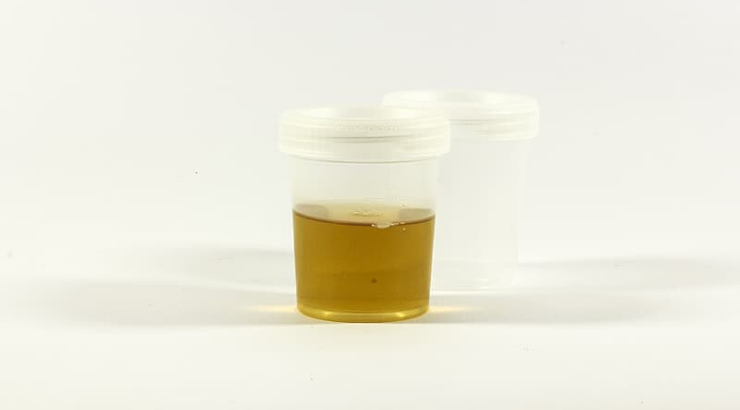Health
Doctors Discover First Known Case of Person Who Can Urinate Alcohol
The bizarre condition is so unprecedented that doctors aren’t even sure what to call it yet.

(TMU) — A woman in Pittsburgh was recently diagnosed with a strange condition that causes her to urinate alcohol. Doctors say this is the first documented case of the condition, which causes alcohol to brew in the bladder due to the fermentation of yeast. Their findings were reported in the Annals of Internal Medicine journal this week.
The condition is so unprecedented that researchers aren’t sure what they are going to call it yet. Currently, the top choices for a name are “bladder fermentation syndrome” and “urinary auto-brewery syndrome.” This should not be confused with another rare condition called “auto-brewery syndrome,” in which the patient could become drunk just by ingesting carbohydrates. TMU previously reported on man suffering from auto-brewery syndrome.
Doctors at the University of Pittsburgh Medical Centre Presbyterian Hospital discovered the condition in the case of a 61-year-old patient with liver damage and diabetes who visited the hospital in hopes of getting on a liver transplant list, but she was consistently testing positive for alcohol in her urinalysis tests.
In the case report, her doctors said that there were some clues that she didn’t actually drink alcohol, aside from the fact that she did not appear to be intoxicated.
“Initially, our encounters were similar, leading our clinicians to believe that she was hiding an alcohol use disorder. However, we noted that plasma test results for ethanol and urine test results for ethyl glucuronide and ethyl sulfate, which are the metabolites of ethanol, were negative, whereas urine test results for ethanol were positive,” the case report stated.
The doctors also found high levels of glucose in her urine which is a condition called hyperglycosuria. They then tested whether yeast colonizing in the bladder could ferment sugar to produce ethanol and found that to be exactly the case.
Doctors made attempts to eliminate the yeast with anti-fungal treatments, but that didn’t work. She was then recommended for a liver transplant, but the report does not indicate what happened to the patient after the initial treatments.
While is possible that there are other people experiencing the same rare illness, this is the first time that it was documented by researchers.
“The experience we describe here of two liver transplant teams at different institutions demonstrates how easy it is to overlook signals that urinary auto-brewery syndrome may be present. Clinicians must be diligent about paying close attention to medical record documentation and laboratory results and should always investigate in the event of incongruences,” the doctors concluded.
By John Vibes | Creative Commons | TheMindUnleashed.com
Typos, corrections and/or news tips? Email us at Contact@TheMindUnleashed.com
